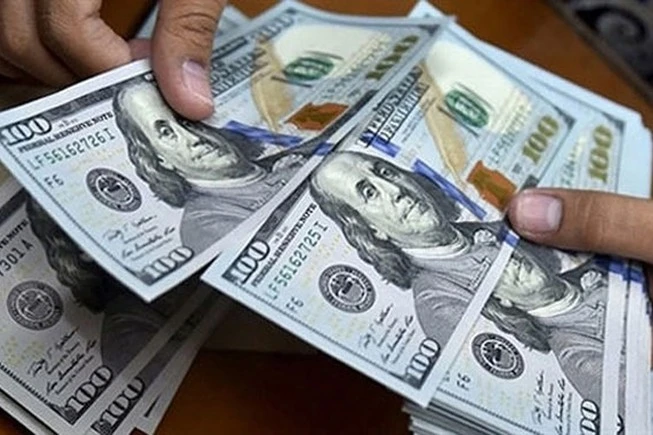
Stock markets overvalued
The whole of 2020 has been very extraordinary and stressful, but many organizations and businesses remain optimistic about a speedy recovery of the global economy. Yet several reports are generally advising investors to fasten their seat belts because the markets are running at a high speed, making it very risky when the speed changes abruptly.
Stock markets (SMs) are often used to reflect the health of economies. When the Covid-19 pandemic broke out very early this year, the two major indices of the US SM, SP500 and Nasdaq, plummeted by 33% and 30%, respectively. This happened between the period of 19 February to 23 March. However, it seemed strange when the SMs and the economy began to run on different tracks. For instance, SP500 soared 60% on 23 March while Nasdaq skyrocketed 85%, and the two indices have sporadically hit record highs.
The most likely explanation is that rather generous relief efforts came from governments and Central Banks (CBs), especially those in the United States and the European Union. The asset balance lists of CBs reached a record high, with many governments striving for a speedy economic recovery and showing no fear for national budget deficit. Besides this, many households, especially those with high stable incomes, suddenly stopped spending on things other than necessities, and hence savings rose up considerably.
In addition, a massive influx of cash at low interest rates forced investment funds to rearrange their portfolios, reducing bond holdings and changing them into other types of assets, including shares or even cryptocurrency. Also, a sharp increase in tech stocks, and stocks that benefited from lockdown and that which made up large portions of the indices, could also be seen as a good explanation for this phenomenon.
Several investors and finance experts have warned that SMs have been overvalued. The Market Cap to GDP Ratio, also known as the Buffett Indicator, has exceeded the standard ratio of 75%, far above the 71% mark seen during the Internet explosion in 2000 when the stock market bubble burst.
Risk management plan needed
A few analysts are optimistic about the economic prospects for 2021. For the coming year, investment bank Goldman Sachs has forecast that the US GDP growth will be 5.3%, China will be at 8% and Eurozone at 5.5%. With the US Federal Reserve (Fed) and the European Central Bank (ECB) continuing to keep interest rates low, by providing stimulus packages worth billions of dollars and setting average inflation targets, the investors can still have hopes of making profit.
On the bright side, Goldman Sachs believes that SP500 will increase by 16%, gold will hit USD 2,300 per ounce and crude oil will reach USD 63 per barrel. Analysts also put their trust in a strong recovery of the Asia-Pacific region, with its growth rate expected to be above 7% in 2021.
Nonetheless, investors have still been warned that they should fasten their seat belts, because some accidents may occur unexpectedly when the vehicles are running at a high speed. According to Jim O'Neill, a former UK Treasury Minister and a former chairman of Goldman Sachs Asset Management, the stock markets are currently being overvalued. If anything adverse happens, the markets are very likely to plunge hard, with tech stocks most likely to be hit the hardest since they are currently hot.
The second probable risk is that governments will tighten control on tech giants with regards to issues of antitrust and tax evasion. For example, EU plans to impose the GAFA tax. Policymakers are likely to tighten the current generous fiscal and monetary policies when they see signs of an economic recovery, especially the recovery of cyclical stocks like tourism, hospitality, aviation and non-essential consumer goods.
The third probable risk is the value of the US dollar. Despite fluctuation, it is more likely to lose its value. As the US dollar loses its value, it will not only affect the trade between the US and its partners, but it will also cause rise in several commodity markets, creating the worst effect on developing economies.
The fourth probable risk, and perhaps the most important issue, is the effectiveness of the coronavirus vaccines. Although the vaccine programs have been well planned and are being implemented in many countries, the new coronavirus variant in the U.K. has raised uncertainty once again. A V-shaped economic recovery is very unlikely to occur if the vaccines are not as effective as expected. At that time, SMs counter-trend rally will undoubtedly come to an end.
Some reports have made suggestions that investors should keep an eye on their portfolio and prepare for appropriate risk management plans, with a particular focus on diversifying their portfolio. Admittedly, lots of investors still keep going on their adventure when the music is not on! SMs have expectations of future value, and real rewards are only meant for those who take action at the right time, with no belief in just basic good luck.




















